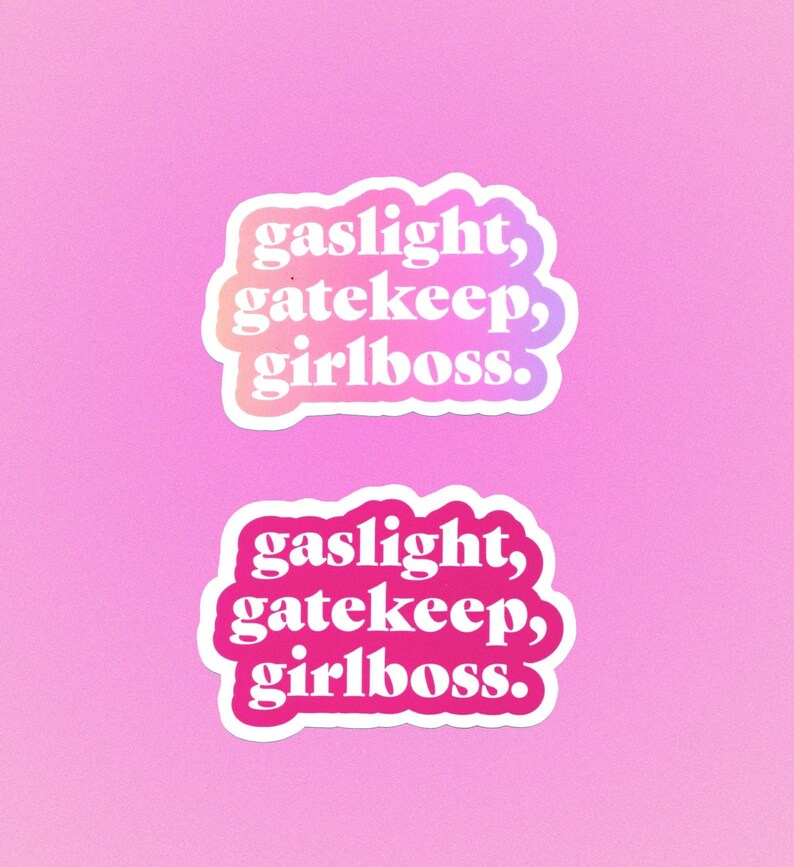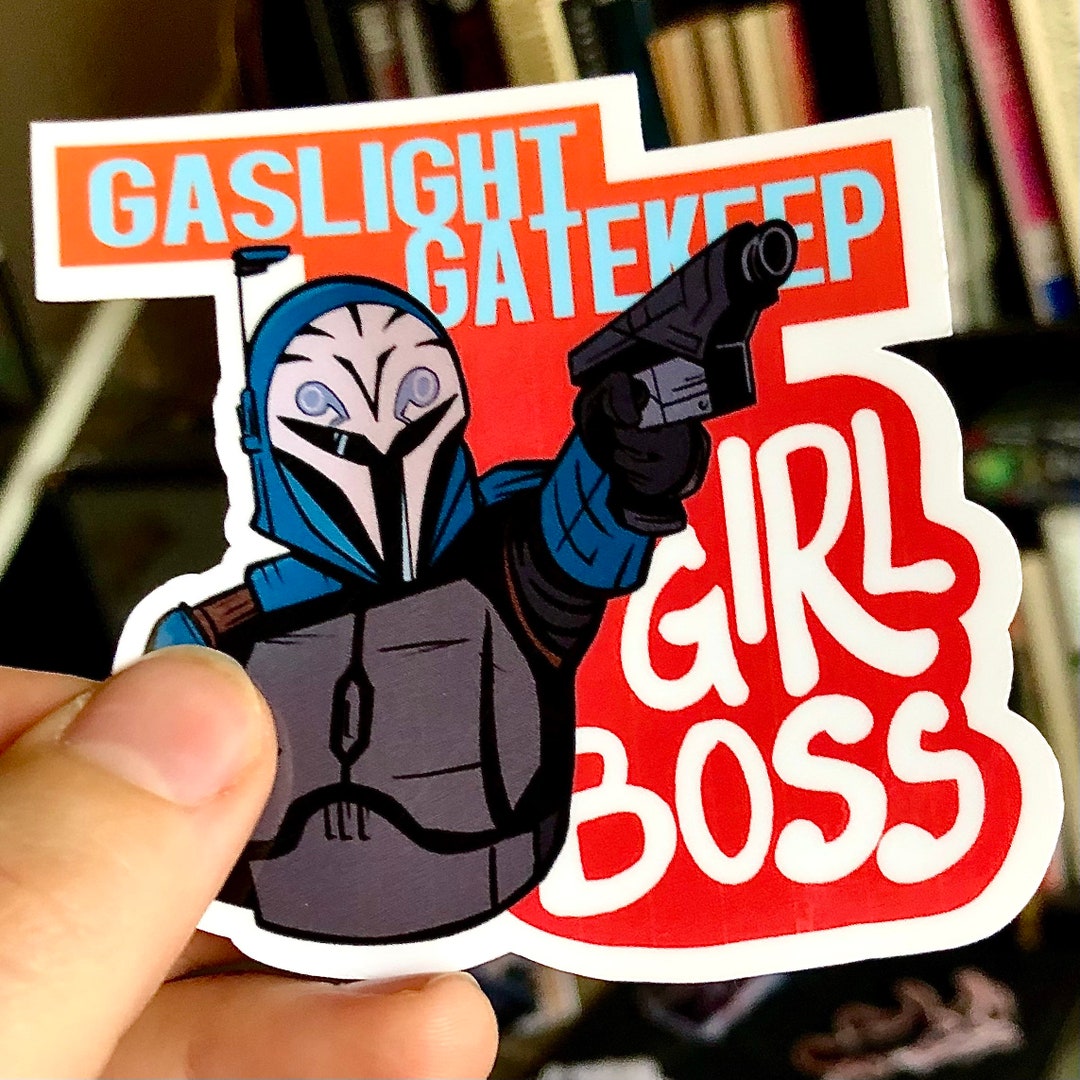

TikTok users and Twitter posters alike began using the words “gaslight,” “gatekeep,” and “girlboss” to describe obscure niches from room decor to different Spiderman franchises to Taylor Swift albums (in case you’re wondering, folklore is gaslight, Reputation is gatekeep, and Lover is girlboss). A play on the saying “Live Laugh Love,” the alliterative meme swept the internet in 2021.

It was catharsis through collective memery.Taylor Swift Speak Now Tour Hots Sydney, Australia We laughed because we once (or still?) fall for faux-motivational feminist graphics on Instagram. We laughed because we realized the #girlboss still haunts a part of our activist consciousness. We laughed at the #girlboss memes because we too had once been played by its sparkly-yet-faulty feminism into thinking a group of women could fix an entire system. By counter-meme parody, Gen Z branded the #girlboss to be officially cringe™ and, consequently, denounced workaholism as an aspirational lifestyle. The #girlboss was mocked to the point of redefinition and unmasked for who it truly was–– capitalism’s dream girl. Its male spinoff even garnered attention: “manipulate, mansplain, malewife.” Derived from the notoriously cheugy “live, laugh, love,” the mantra “gaslight, gatekeep, girlboss” found its funny by lumping together online phenomena the internet hates the most. #Girlboss memes emerged with a vengeance on Tumblr in early January 2021, when the phrase “gaslight, gatekeep, girlboss” was born into the world, hitting its peak virality in mid-to-late February. They may allow us temporarily to beat him at his own game, but they will never enable us to bring about genuine change.” The attempts to #girlboss the system only proved Audre Lorde right: “or the master’s tools will never dismantle the master’s house. The lifespan of #girlboss feminism (and our faith in #girlbosses to buck the system) revealed our comfort levels in mixing capitalism and social justice as we increasingly look to corporations for social changes rather than public institutions. Thus, #girlboss died.Īdvancing women to powerful positions was never going to disrupt the capitalist and patriarchal systems anyway: #girlbosses were only there to command the power that came with being at the top of the privilege pecking order which had been denied them so long.

We could not #girlboss our way out of the pandemic no matter our privilege. As each of our fine-tuned, work-life balances went up in a pyre of smoke during the pandemic, many began to wake up to the capitalist trick hardwired into our brains, which told us we could never stop grinding for one minute lest all progress and growth be lost.

So strap up those high heels and get #girlbossing, right?Ģ020 changed all that. #Girlboss feminism was a deviously seductive ideal which posited that anyone could achieve wealth regardless of gender, race, ability, and so on––provided that you work hard, manifest your goals, think positive, and rise above all barriers tossed your way. The way of the #girlboss promised to transform the system into something more equitable. Female wealth seemed to be worthy of unproblematic applause in itself. #Girlbosses were lauded as the glass-ceiling-breakers whose victories could supposedly be attributed to all of womankind. It was aspirational for a woman to #girlboss her way to the top of the corporate-career ladder by taking back the power with her unapologetic ambition. In the early 2010s it was an earnest and admirable thing to be a #girlboss #bossbabe #SheEO. 2020 was a lot of things, but in particular, it was the year #girlboss died and subsequently was memefied into a pseudo-slur thanks to “gaslight, gatekeep, girlboss.”


 0 kommentar(er)
0 kommentar(er)
